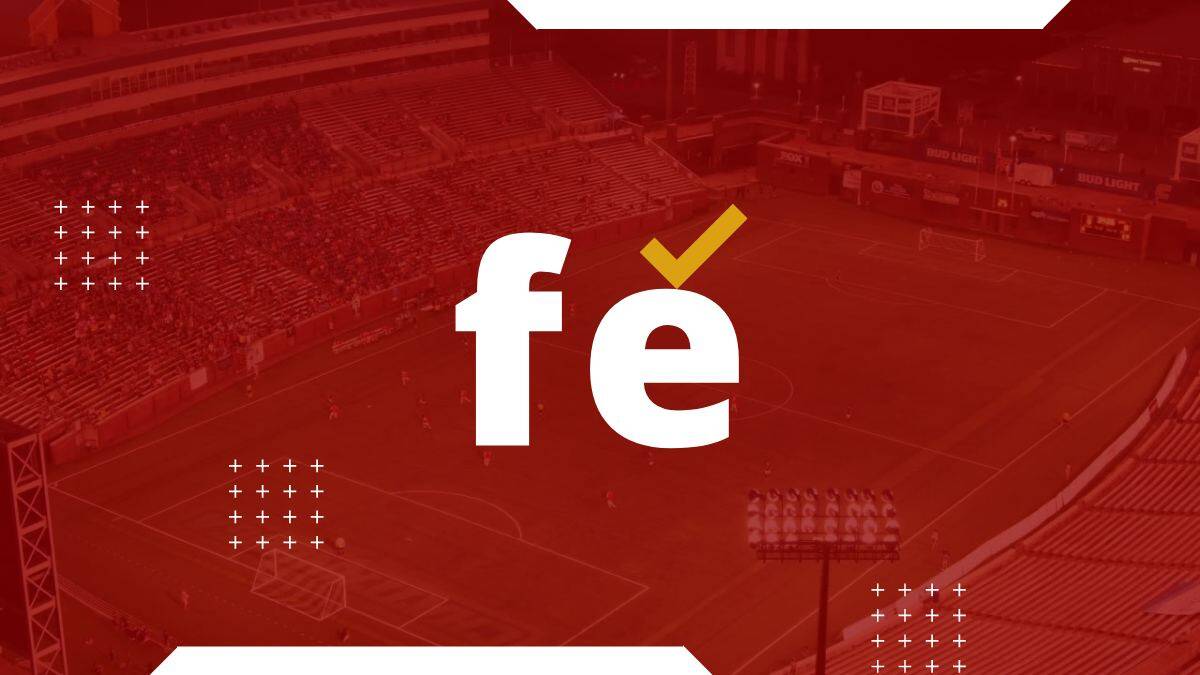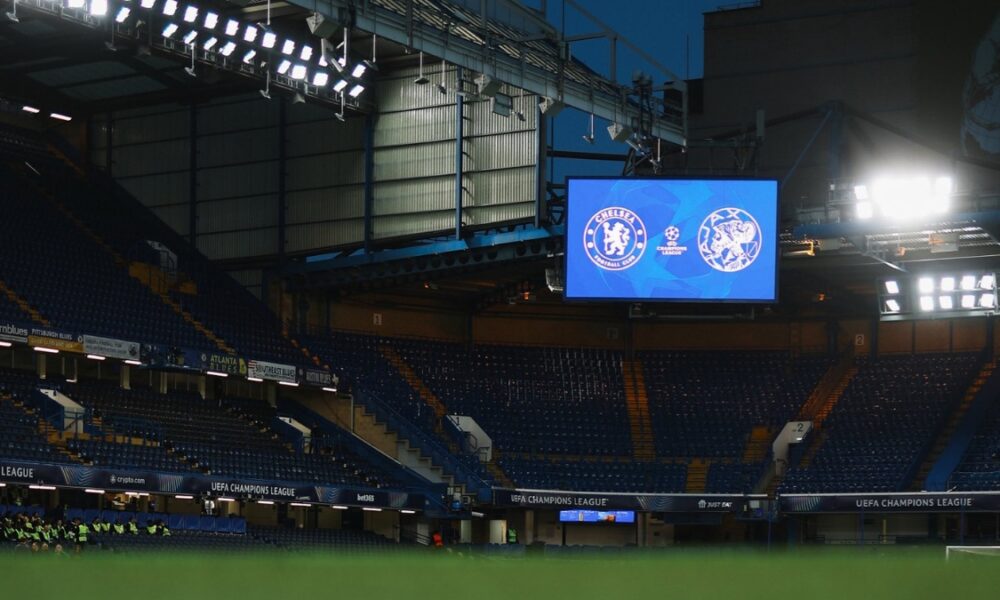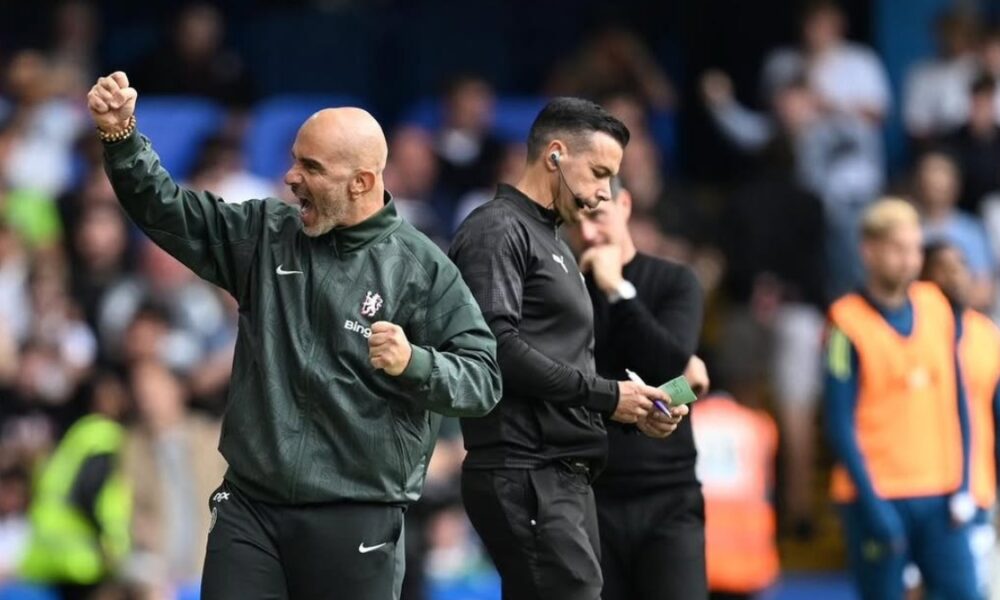Jadon Sancho, formerly English football’s golden boy, has been on a loan tour that would leave even the most seasoned traveler dizzy. He later went on to play for Borussia Dortmund, Chelsea and returned to Manchester United. But under manager Ruben Amorim, he was taking a back seat more remote than that of a Sunday league benchwarmer.
Sancho joined Aston Villa on the deadline day, September 1, 2025. Aston Villa accepted to pay atleast 80 per cent of his £250,000-a-week wages, with additional appearance-based bonuses. This transfer was regarded as a new beginning for Sancho, away from the shadows of Old Trafford.
Financial Fair Play: The Plot Twist
Manchester United were also ready to sell Sancho permanently, but FFP prevented them from doing so. Roma of Serie A had signed up to a loan with an obligation to buy for £20m. Sancho, though, had turned down the switch because the player’s personal terms did not meet his expectations. This choice put United in the position of having to come up with an arrangement that would make both them and Sancho happy.
The Domino Effect: Sancho’s Choices
Sancho’s refusal to sign with Roma led to other ripples. Aston Villa, United’s rivals, could not pursue goalkeeper Emiliano Martinez because United wanted to use Jadon Sancho in a swap deal. That meant Villa were unable to take both players, leaving United with a tricky negotiation to navigate.
Author’s Opinion: The Ripple Effect
Jadon Sancho’s move from Manchester United to Aston Villa is bigger than a transfer — it is a metaphor for the complex ballet of player desires, club ambitions and financial rules. Declining Roma’s offer, his experience other is the prime example of how personal terms have come to influence football transfer deals. With clubs still having to wrestle with the detail of FFP, player decisions will be key to determining how some transfer deals pan out.
As featured on ManUNews.com




























